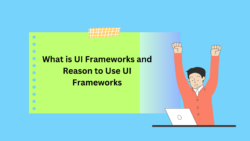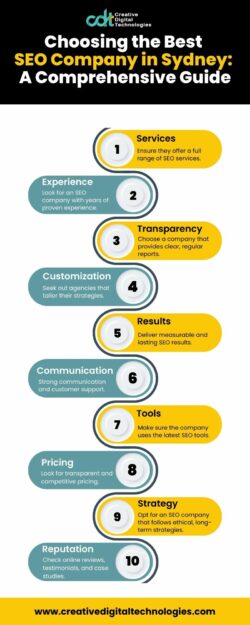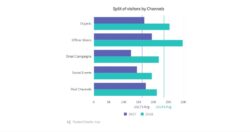Unlocking the Secrets of Interest Only Loan Rates: A Guide by HomeSpring Mortgage
Are you considering an interest-only loan for your next home purchase or refinancing? HomeSpring Mortgage is here to unlock the secrets of interest-only loan rates and guide you toward making the right financial decision. With our expertise in the mortgage industry, we understand that interest-only loans can be a complex concept to grasp. That’s why our team of experts has put together this comprehensive guide to help you navigate the world of interest-only loan rates with confidence. Whether you’re a first-time homebuyer or a seasoned investor, this guide will provide you with valuable insights and crucial information that will empower you to make informed decisions about your mortgage. Join us as we delve into the intricacies of interest-only loan rates, debunk common myths, and uncover the advantages and disadvantages of this unique financing option. Let HomeSpring Mortgage be your trusted partner in your journey toward unlocking the secrets of interest-only loan rates.
What is an interest-only loan?
An interest-only loan is a type of mortgage that allows borrowers to make payments solely toward the interest accrued on the principal amount borrowed for a specified period. Unlike a traditional mortgage, where borrowers make monthly payments that include both principal and interest, interest-only loans offer the flexibility of lower monthly payments during the interest-only period. This period typically lasts for a set number of years, usually between five to ten years, before transitioning to a fully amortized mortgage where payments include both principal and interest.
Interest-only loans are often attractive to borrowers who are looking for lower monthly payments in the initial years of their mortgage term. This can be especially beneficial for those who anticipate a higher income in the future, such as young professionals or individuals with fluctuating income streams. However, it’s important to note that interest-only loans come with their own set of risks and considerations, which we will explore further in this guide.
The structure of an interest-only loan can vary depending on the lender and the specific terms of the mortgage agreement. Some interest-only loans may allow borrowers to make additional principal payments during the interest-only period, while others may restrict additional payments until the loan transitions to a fully amortized mortgage. It’s crucial to review the terms and conditions of the loan carefully to understand the specific rules and limitations associated with an interest-only loan.
How do interest-only loan rates work?
Interest-only loan rates are determined by a combination of factors, including the borrower’s creditworthiness, the loan-to-value ratio (LTV), current market conditions, and the overall interest rate environment. In general, interest-only loan rates tend to be slightly higher compared to traditional mortgage rates due to the increased risk associated with this type of loan. Lenders typically charge a premium for the flexibility offered by interest-only loans.
When applying for an interest-only loan, lenders will assess your credit history, income stability, and other financial factors to determine your eligibility and the interest rate you will be offered. Borrowers with a strong credit profile and a lower LTV ratio are more likely to qualify for competitive interest rates. As with any mortgage, it’s essential to shop around and compare offers from different lenders to ensure you secure the best interest rate for your specific circumstances.
It’s important to note that the interest-only period of the loan is temporary, and once it expires, borrowers will be required to make higher monthly payments that include both principal and interest. This transition from interest-only payments to fully amortized payments can result in a significant increase in monthly expenses. As a borrower, it’s crucial to plan and assess your ability to afford the higher payments when the interest-only period ends.
Conclusion: Is an interest-only loan right for you?
In conclusion, interest-only loans can be a viable financing option for borrowers who are seeking flexibility and lower initial monthly payments. However, it’s crucial to carefully consider your financial goals, risk tolerance, and long-term plans before opting for an interest-only loan. While it can provide short-term benefits, such as increased cash flow or the ability to invest elsewhere, it’s important to be prepared for the transition to fully amortized payments and the potential increase in monthly expenses.
At HomeSpring Mortgage, we understand that every borrower is unique, and we are committed to providing personalized guidance to help you make the right financial decisions. Our team of experts is here to answer your questions, address your concerns, and assist you in navigating the complexities of interest-only loan rates. We invite you to reach out to us today to discuss your mortgage needs and unlock the secrets of interest-only loan rates together. Let HomeSpring Mortgage be your trusted partner in your homeownership journey. Call us at 800) 621-4656.





















































